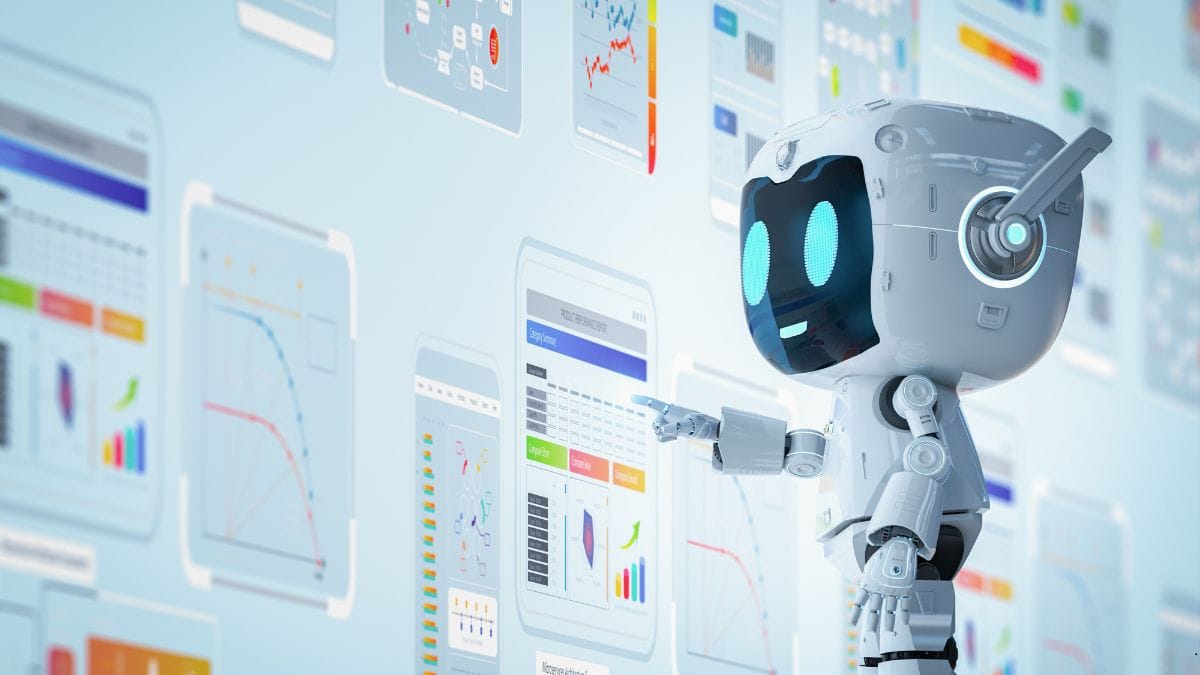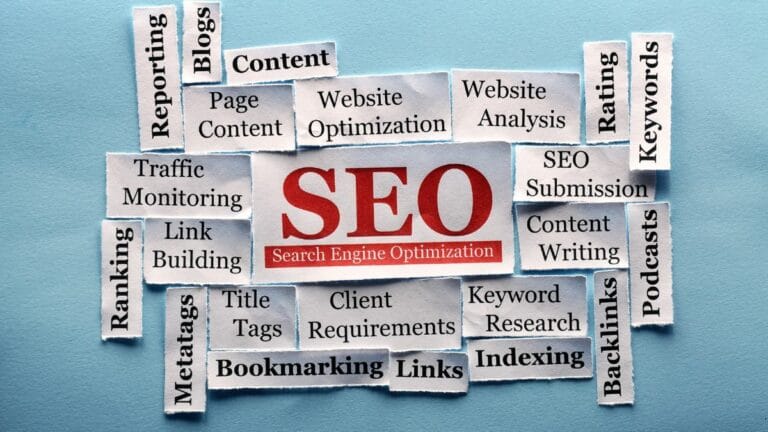Artificial Intelligence (AI) is no longer a futuristic concept — it’s the driving force behind how digital marketing works in 2025. From automated ad targeting to hyper-personalized user experiences, AI is reshaping the way brands connect with consumers. The businesses that understand how to use AI effectively are not only saving time and money but also achieving better results across every channel.
Smarter Data Analysis and Decision-Making
Gone are the days of relying solely on human intuition. AI tools now analyze millions of data points in real time — user behavior, keyword trends, and even market sentiment — to help marketers make smarter, faster decisions.
Platforms like Google Analytics 4, HubSpot, and Jasper AI now integrate predictive analytics that automatically suggest the best marketing actions based on live data.
💡 Example: AI can predict which campaign type will deliver the highest ROI — before you even launch it.
Hyper-Personalization at Scale
In 2025, personalization is no longer optional; it’s expected.
AI enables marketers to tailor content, ads, and emails to each individual user’s intent and behavior. This includes personalized website layouts, product recommendations, and even pricing strategies.
For instance, if a user reads several SEO articles on your blog, your AI-driven CRM can automatically send them a guide or offer related to “SEO Audits” — increasing conversion probability.
AI-Powered Content Creation and Optimization
AI writing tools have evolved beyond simple text generation.
Today, they help marketers create, optimize, and distribute high-performing content faster than ever. AI systems like ChatGPT, Jasper, and Copy.ai can generate SEO-friendly blog posts, meta descriptions, and social media captions based on brand tone and intent.
However, the real power lies in the human-AI collaboration — marketers who refine AI-generated drafts achieve the best balance between creativity and efficiency.
Advanced Ad Targeting and Automation

Ad platforms like Google Ads, Meta Ads, and LinkedIn Campaign Manager now rely heavily on AI for automated bidding, audience segmentation, and creative testing.
AI continuously learns which creatives and audiences perform best — reallocating budgets in real time to maximize ROI.
💡 Pro Insight: In 2025, AI-driven ad campaigns outperform manual ones by up to 35% in click-through rate and 25% in conversion value.
Voice and Visual Search Optimization
With the rise of smart assistants and image recognition technology, AI-driven search behavior is changing SEO strategies.
Marketers now optimize not just for text-based keywords, but also for voice queries (“near me” searches) and visual inputs (like Google Lens).
AI helps brands understand search intent and deliver precise, context-rich results — improving both visibility and user satisfaction.
Predictive Customer Journey Mapping
AI’s predictive capabilities now allow marketers to map and anticipate each customer’s journey.
By analyzing touchpoints — from first click to post-purchase — AI tools can forecast when a customer is likely to churn or make a repeat purchase.
This helps brands deliver timely, automated interventions such as re-engagement emails, special offers, or retargeting ads — all before a human marketer would normally react.
Chatbots and AI Assistants for Customer Engagement
Chatbots are no longer basic FAQ bots. In 2025, they’re powered by natural language processing (NLP) models capable of understanding emotions and context.
They handle everything from product recommendations to troubleshooting — reducing human workload while keeping customer satisfaction high.
In many industries, 24/7 AI support has become a standard customer expectation.
Automation Across the Marketing Stack
AI isn’t just improving individual tools — it’s connecting them.
From CRM systems to analytics dashboards, automation ensures that data flows seamlessly between platforms. This reduces manual errors, saves time, and helps teams focus on strategy rather than repetitive tasks.
The result? Leaner, smarter, and faster marketing operations.
Final Thoughts
AI is not replacing marketers — it’s empowering them.
In 2025, the best marketing teams are those who know how to combine human creativity with machine precision.
By embracing AI-driven automation, personalization, and predictive insights, brands can stay ahead in an increasingly competitive digital landscape — where innovation, not intuition, leads the way.





